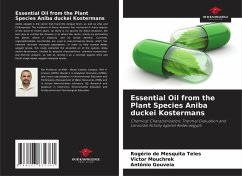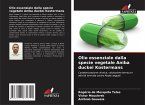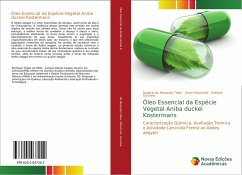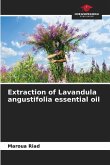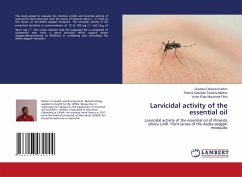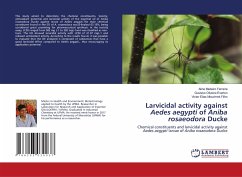Aedes aegypti is the vector that transmits dengue fever, as well as Zika and Chikungunya. The incidence of these diseases has increased in many regions of the world in recent years. As there is no vaccine for these diseases, the best way to combat the disease is to attack the vector, mainly by eliminating the places where it oviposits and its larvae develop. Currently, organophosphate insecticides are used in ever-increasing doses, which has selected resistant mosquito populations. In order to help combat Aedes aegypti larvae, this study extracted the essential oil of the species Aniba duckei Kostermans, studied its physical characteristics, chemical composition and thermal analysis, as well as testing it as a larvicide against third and fourth stage Aedes aegypti mosquito larvae.
Bitte wählen Sie Ihr Anliegen aus.
Rechnungen
Retourenschein anfordern
Bestellstatus
Storno

